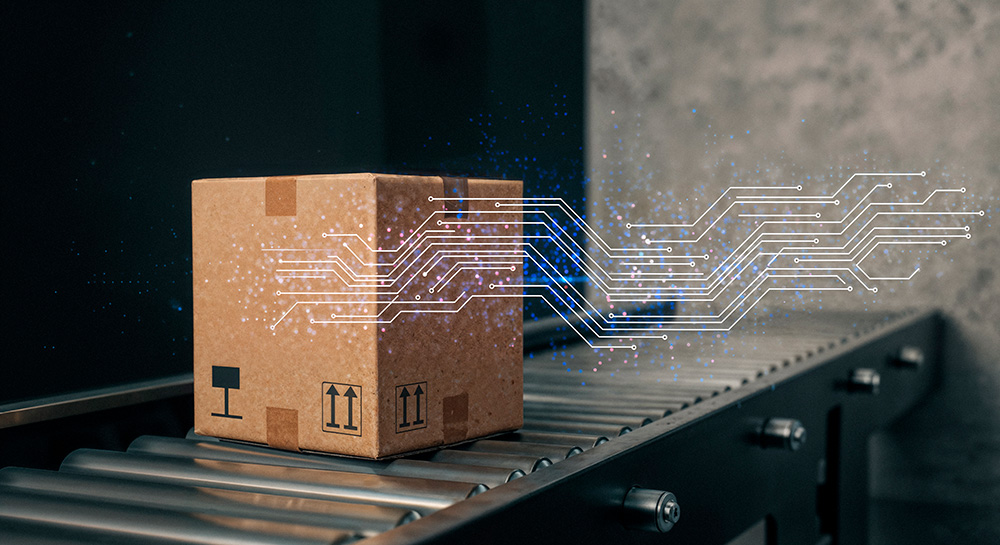Agentic AI is moving beyond hype and into practical application. These autonomous AI systems are capable of setting goals, making decisions, and completing tasks without constant human input. In sectors where scale, complexity, and speed are critical, agentic AI is already delivering measurable results.
Two industries in particular are leading adoption. Logistics and government face continuous pressure to operate faster, more efficiently, and with fewer errors. By leveraging agentic AI, they are finding new ways to streamline operations, anticipate problems, and respond to changing conditions.
Quick Overview of the Top 8 Agentic AI Use Cases
Agentic AI is being deployed across diverse processes. In logistics, it is managing predictive supply chains, automating compliance, optimizing delivery routes, and adapting to disruptions. In government, it powers citizen service portals, ensures policy compliance, coordinates emergency response, and prevents fraud.
Predictive Supply Chain Management
Forecast demand and optimize inventory
Automated Customs and Compliance
Streamline documentation and regulatory processes
Last Mile Delivery Optimization
Real-time route optimization and adaptation
Crisis and Disruption Management
Rapid response to supply chain disruptions
Citizen Service Portals with AI Agents
24/7 multilingual citizen assistance
Policy Compliance and Reporting
Automated compliance monitoring and reporting
Emergency Response Coordination
Multi-agency crisis coordination
Fraud Detection and Prevention
Real-time fraud monitoring and alerts
What Is Agentic AI and How It Differs from Traditional AI
Agentic AI refers to intelligent systems designed to act independently toward defined objectives. Unlike traditional AI, which typically completes one task after being prompted, agentic AI can plan multiple steps, execute them, and adjust strategies in real time.
This ability to operate as an autonomous decision-making system enables agentic AI to handle complex workflows without waiting for step-by-step instructions. It is often deployed as part of a multi-agent system, where several AI agents collaborate on a shared goal.
Why Logistics and Government Lead in Agentic AI Adoption
Both sectors present a unique combination of high stakes and operational complexity. Industry research shows that early adopters in these sectors are seeing results such as faster service delivery, reduced costs, and improved crisis response.
Scale
Networks of suppliers, agencies, or service points.
Time sensitivity
Delays can lead to significant costs or service issues.
Compliance requirements
Strict regulations demand accuracy and auditability.
Impact potential
Even small efficiency gains can produce measurable ROI.
Top Agentic AI Use Cases in Logistics
Predictive Supply Chain Management
Agentic AI can forecast demand, adjust stock allocations, and schedule shipments before shortages or surpluses occur. This results in smoother operations and reduced waste.


Automated Customs and Compliance
AI agents can manage import and export documentation, flag risks, and ensure regulatory requirements are met without delays.
Last Mile Delivery Optimization
Systems can reroute vehicles in real time based on changing conditions such as traffic, weather, or urgent new deliveries.

Crisis and Disruption Management
Agentic AI can run contingency scenarios and adjust supply routes or sourcing when ports, warehouses, or transport lines are disrupted.
Top Agentic AI Use Cases in Government
Citizen Service Portals with AI Agents
Virtual assistants can handle inquiries, process requests, and guide citizens through applications at any hour, in multiple languages.


Policy Compliance and Reporting
AI systems can compile data, verify compliance, and prepare reports that are ready for review or audit.
Emergency Response Coordination
Agentic AI can connect multiple agencies during a crisis, track resource deployment, and adapt strategies as events unfold.


Fraud Detection and Prevention
Autonomous monitoring can detect irregular transactions and alert relevant teams in real time.
ROI and Strategic Impact of Agentic AI
The benefits go beyond efficiency. In logistics, AI agents can reduce fuel costs, improve delivery times, and increase resilience. In government, they can shorten service timelines, improve data accuracy, and strengthen public trust.
Recent case studies suggest that targeted agentic AI deployments can produce measurable returns within months. These returns can include reduced operational costs, higher productivity, and better service satisfaction scores.
Implementation Considerations for Success
Many deployments also require secure cloud integration so AI agents can access real-time data, scale efficiently, and collaborate across distributed teams.
Introducing agentic AI is not just about technology. It requires:
- Careful integration with current systems and workflows.
- Clear governance over data handling.
- Training and change management for teams working alongside AI agents.
Starting with a focused project can help organizations learn, adapt, and scale effectively. Partnering with an experienced AI consultancy ensures that projects are designed around operational needs and can deliver measurable outcomes from the start.
How Webpuppies Can Help You Deploy Agentic AI
At Webpuppies, we work with organizations to design, build, and integrate agentic AI solutions that fit their operational needs. Whether you are exploring automation in logistics, enhancing public services, or both, our team can guide you from concept to deployment.
FAQs
What is agentic AI?
Agentic AI refers to autonomous AI systems that can set goals, plan, execute tasks, and adapt actions without continuous human oversight.
How is agentic AI used in logistics?
It is used for demand forecasting, compliance automation, delivery optimization, and disruption management.
How is agentic AI used in government?
It supports citizen services, policy compliance, crisis coordination, and fraud prevention.
What are the benefits of agentic AI?
Benefits include faster decisions, higher efficiency, lower costs, and improved service quality.
Can agentic AI integrate with existing systems?
Yes. Through API connections and cloud integration, it can work alongside existing software and databases.

